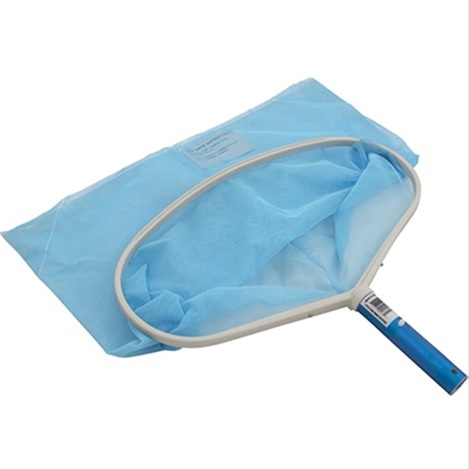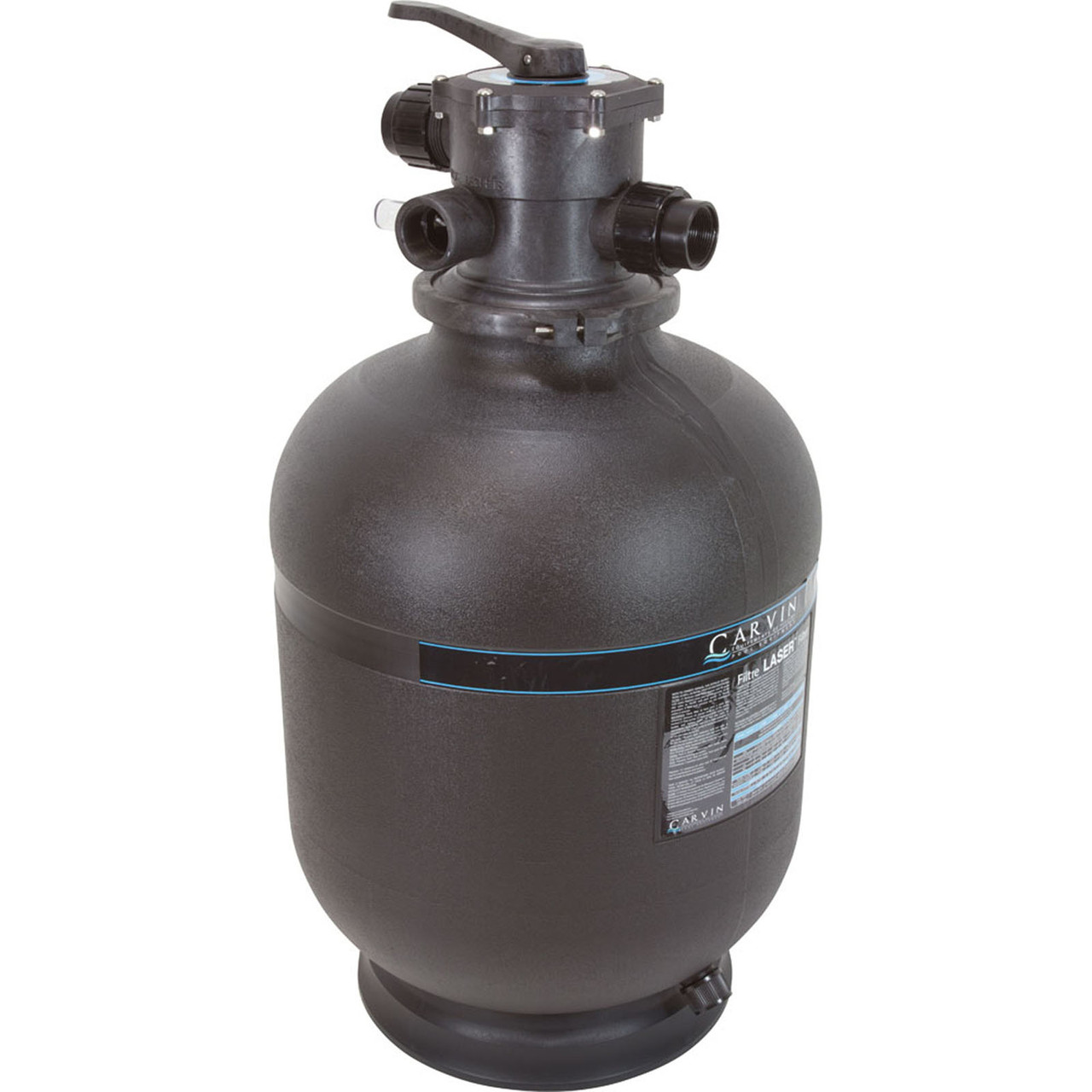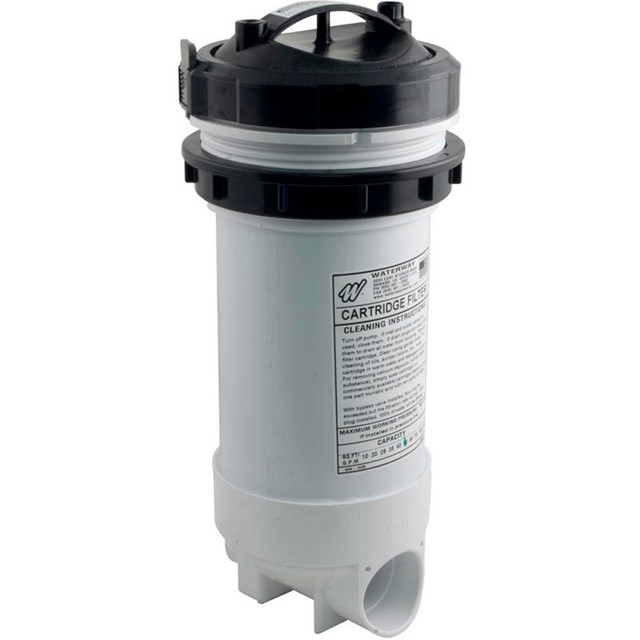Above-Ground Pool Care and Maintenance for Dummies
Posted by Bea Paldino on Jul 19, 2018
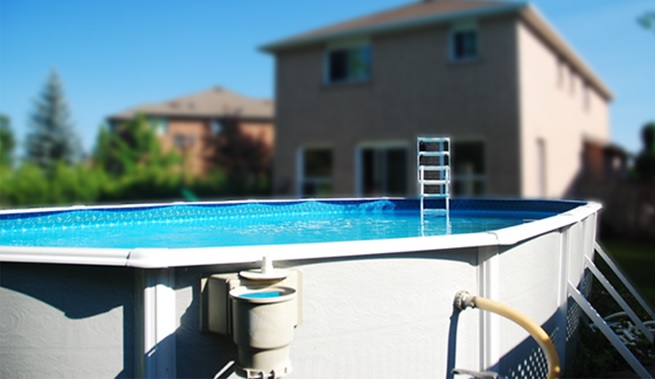
Owning an above-ground pool is no different than owning an in-ground pool and you don’t need to be mechanical or have a degree in chemistry to understand how to take care of your pool.
Above ground pools, like in-ground pools, need basic care and maintenance. Mainly, cleaning, filtering, water testing, chemical levels, and protecting the structure.
Above ground pool care and maintenance is just as much work as cleaning your in-ground pool. Tools are all the same as are the technics behind them. Depending on where you live, you will need to do some brushing, skimming and vacuuming. Your wall skimmer will catch most of the floating debris, but it can easily get overwhelmed with a small wind storm.
A bag type of leaf rake will work best if you have lots of leaves to catch and it can also handle scooping debris from the pool floor. A flat skimmer net will work great for skimming the top of your pool of any pollen and bugs.
Filtering your pool is extremely important. Be sure to run your pump for at least 8-12 hours per day, every day. Missing a single day can turn your water cloudy and algae can accumulate. This is especially true in the summer when the hot summer sun causes the chlorine to break down rapidly. No one likes a green murky pool, so be sure to turn up the time on your pool pump during the summer months.
 No one likes a dirty pool water!
No one likes a dirty pool water!
Sand filters and DE (diatomaceous earth) pool filters have a valve that is turned to reverse the water flow through the filter, which then flushes out all of the dirt that the pool filter has trapped. This is called backwashing. It’s best done when the pressure gauge is 8-10 pounds higher than the clean/new, starting pressure.
A Cartridge Filter is not backwashed; but instead, the pump is shut off and the filter cartridges are removed and (usually) hose cleaned.
Most above-ground pools have a skimmer basket and a pump basket. The skimmer basket collects the debris floating on your pool and will need to be cleaned often. It is very important to empty the pump basket after each vacuuming or at least once a week as well.
 Empty your skimmer basket regularly!
Empty your skimmer basket regularly!
Proper care and maintenance of above ground pool means you will definitely need to test your water often. When starting out, you may need to test your water as often as a few times per week, to be certain that your chlorine level is consistent and to determine if you need to adjust your chemicals.
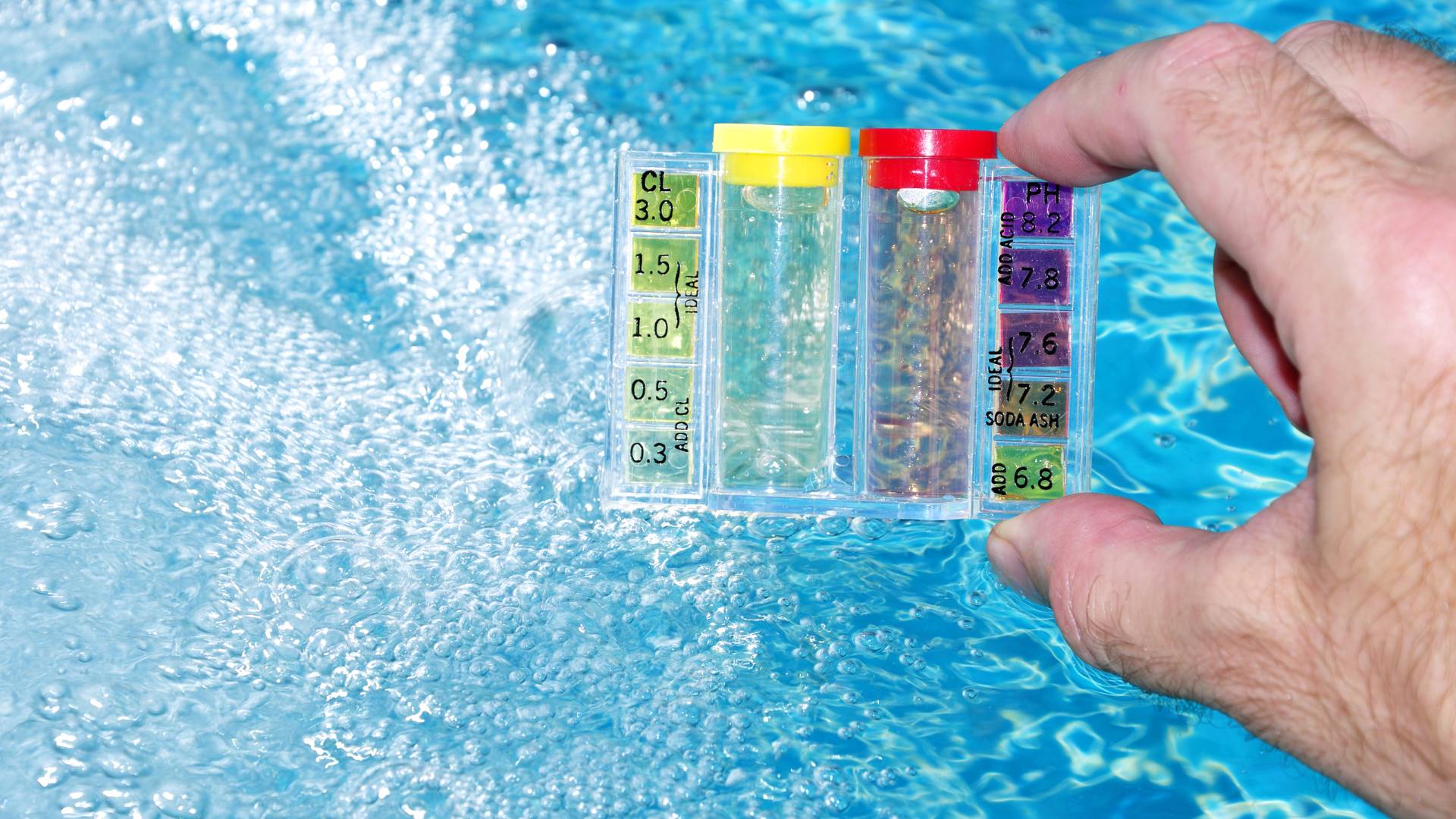 Test your pool water regularly
Test your pool water regularly
You can either use test strips or test kits to test your water. Both will work properly, but a drop-test kit is usually more accurate. You can also take a water sample to your local pool supply chain store, where they will test the water for you – usually for free.
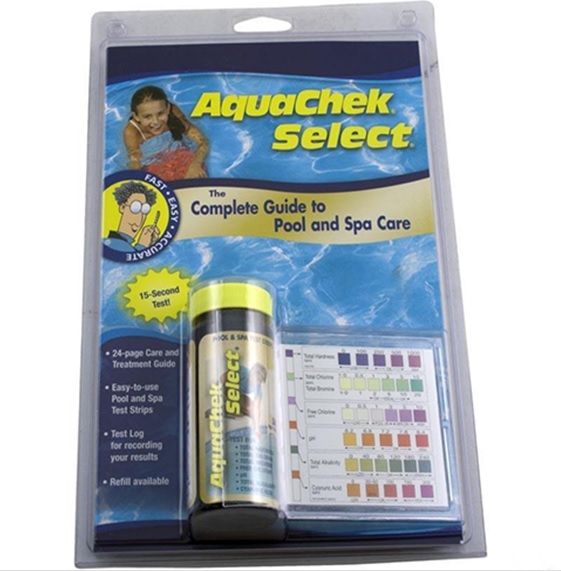 Test Strips by Aquachek which tests for these 7 parameters: Total Chlorine, Total Bromine, Free Chlorine, pH, Total Alkalinity, Total Hardness, and Cyanuric Acid (Stabilizer)
Test Strips by Aquachek which tests for these 7 parameters: Total Chlorine, Total Bromine, Free Chlorine, pH, Total Alkalinity, Total Hardness, and Cyanuric Acid (Stabilizer)
Besides running your pool pump to generate chlorine, you can also use chlorine tablets in a floater to keep a constant level of chlorine in the pool. It is recommended that you keep at least 1.0 ppm (parts per million) chlorine around the clock to prevent algae and bacteria from developing. You can also use shock (powdered chlorine) to boost your chlorine level quickly if your level drops or if algae is detected.
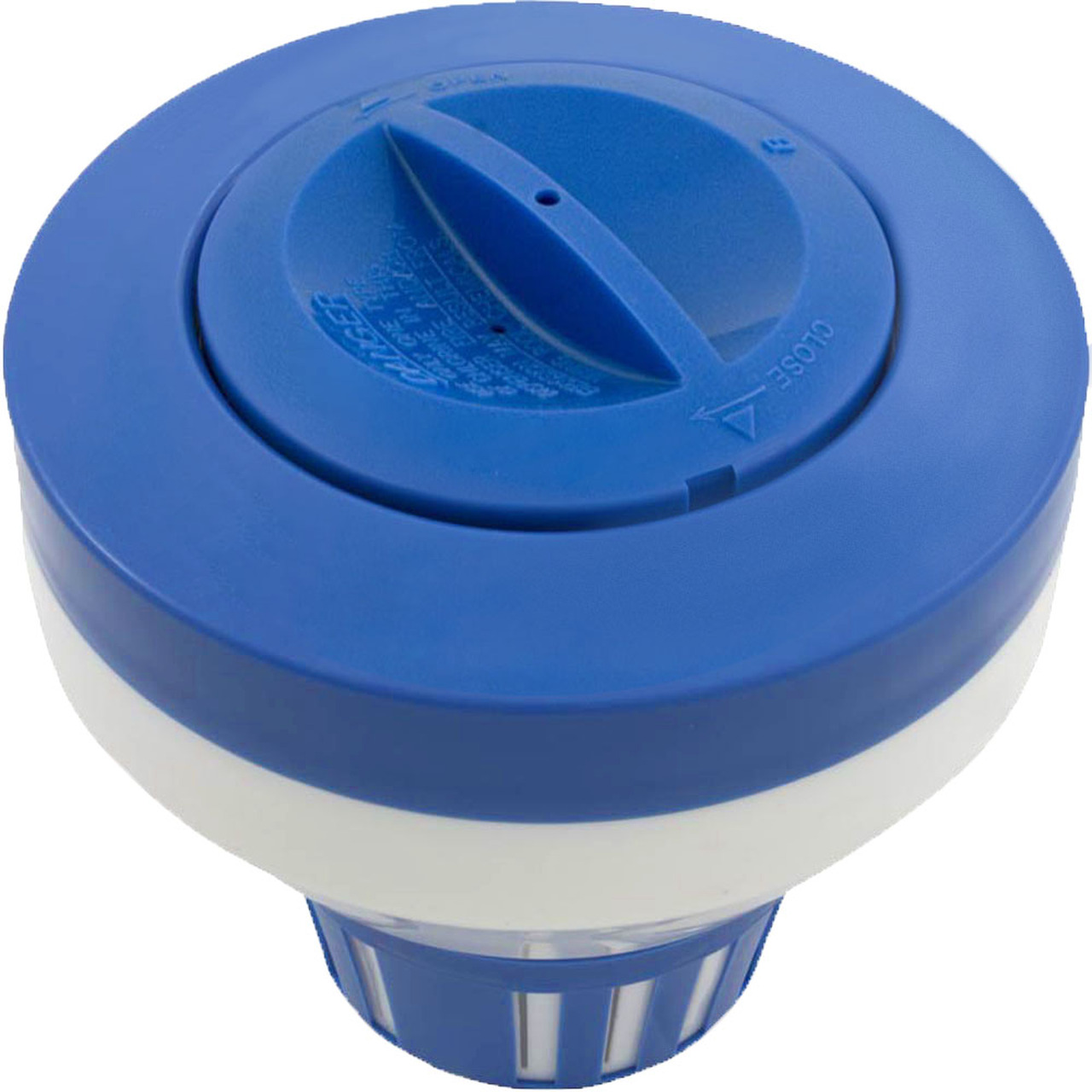 Tablet Dispenser, Rainbow 330, 1" or 3" Tabs, Floating
Tablet Dispenser, Rainbow 330, 1" or 3" Tabs, Floating
Besides testing your chlorine level, check pH and Total Alkalinity once or twice a week as well. Add pool pH or alkalinity when the levels are too low or too high. At least monthly, check the Calcium Hardness and Cyanuric Acid levels which are also important to your overall water balance.
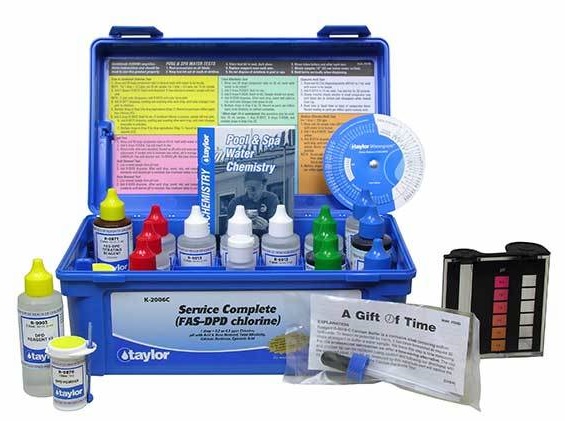 Test Kit from Taylor Technologies to test your pool for: Calcium Hardness, Free and Total Chlorine, Bromine, pH, Total Alkalinity, Acid and Base Demand, and Stabilizer levels.
Test Kit from Taylor Technologies to test your pool for: Calcium Hardness, Free and Total Chlorine, Bromine, pH, Total Alkalinity, Acid and Base Demand, and Stabilizer levels.
Above ground swimming pool care can cost you a lot of money. Do all you can to protect it from damage to the walls, liner and equipment. Always remember that any bumping into the outside of your above-ground pool can dent a steel wall panel. Bicycles bumping into your pool, or someone sitting on the top rail can likewise damage the walls. Keeping your water in good balance will help protect your pool liner. High chlorine levels can make your liner brittle. Also, everyday items such as non-pool toys, street clothes and shoes can also damage your pool liner. Your pool equipment is made to be tough as it is meant to be kept outdoors in the elements all year long, but falling tree limbs and flooding can cause major damage to your equipment. Keep your filters, pumps and heaters away from high traffic areas in your backyard.
Most importantly, enjoy your pool!!

